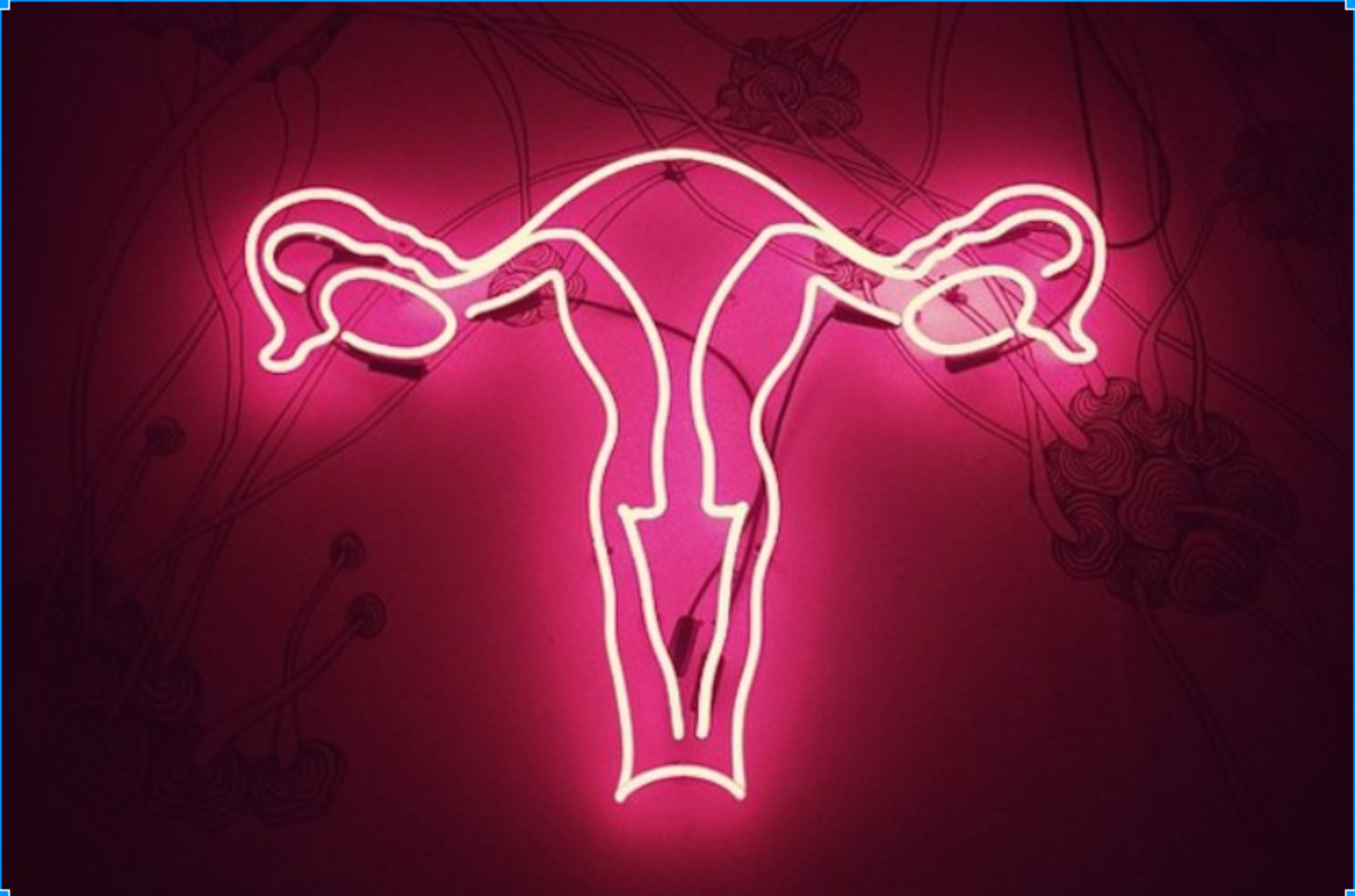Liz Aldrich had been 32 whenever she married, 34 whenever she had her child that is first recently provided delivery to her 2nd youngster at age 37.
It had been a timetable that made feeling for Aldrich and her spouse, whom invested their 20s getting through university, graduate college and building their jobs.
“We felt like we desired to have specific things in position before we brought young ones to the mix,” said Aldrich, who lives in East Grand Rapids.
That the increasingly typical situation among millennials, that are delaying wedding and kiddies in comparison to previous generations.
It’s a trend that will help give an explanation for birth that is falling, which in 2018 hit an archive lower in Michigan — in addition to country.
“We’re at a fertility price that is less than the Great Depression, which will be really significant,” said Pamela Smock, a sociologist with University of Michigan’s Population Studies Center.
Michigan’s delivery price hit a record lower in 2018. (Source: Michigan Department of Health and Human Services)
A large cause for that importance, Smock stated: the present fertility price of 1.7 births per girl has dropped underneath the replacement price of 2.1, the quantity needed seriously to keep a population that is stable.
The matter of populace shrinkage “is a tremendously serious one,” said Ren Farley, a retired university of michigan sociologist.
“Population development promotes growth that is economic » he stated. « Population decrease presents plenty of challenges that people don’t think about,” such as for instance having a workforce that is sufficient sufficient more youthful visitors to help elderly people.
In natural numbers, Michigan recorded 110,293 births in 2018 — the cheapest quantity since 1941.
Michigan had 110,293 births in 2018, the number that is lowest since 1941, whenever 107,498 had been created in Michigan. Continuer la lecture de « Michigan’s delivery rate hits record low. What’s taking place? »
